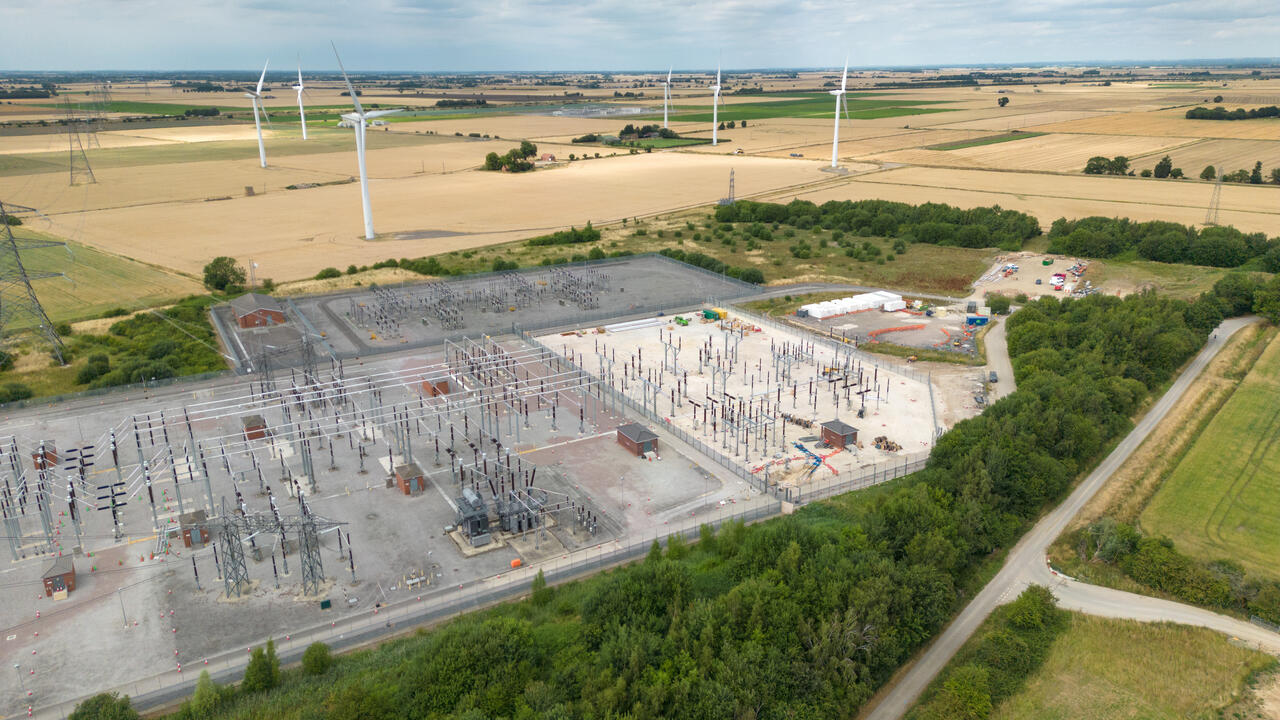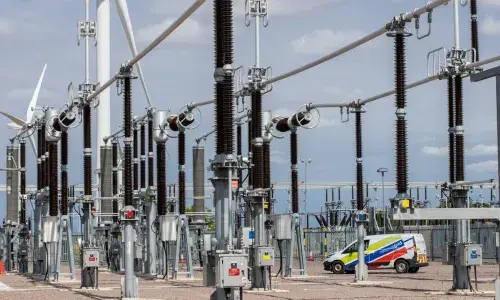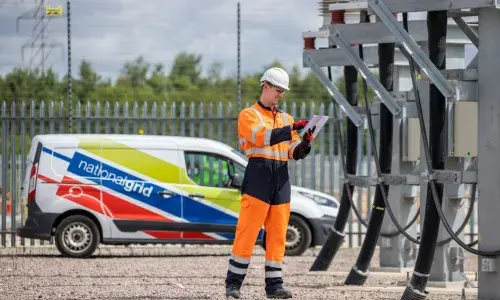
What does a TEC amnesty and queue management mean for grid connections?
National Grid ESO has just launched a TEC amnesty on grid connections in partnership with National Grid Electricity Transmission and other transmission owners. What does this, and other queue management initiatives planned, mean for connections customers in England and Wales?
Update: the TEC amnesty closed at the end of April 2023. No further applications can be made.
We recently published a series of films designed to inform our customers about the connections landscape in different regions of England and Wales.
The films shared insight on what we’re doing to address connections lead times on the network, and how we’re working with industry to speed up connections to help Britain achieve net zero.
At National Grid Electricity Transmission, our role is to make the new generation and demand connections to the high voltage network that will shape the future energy system – and we’re investing in our network to increase the pace and scale of that work.
TEC amnesty
Update: On 30th November 2022, the deadline for connections customers to submit expressions of interest for TEC Amnesty was extended to the end of April 2023.
There are other ways we’re working with industry and the regulator, Ofgem, to streamline our processes and accelerate connections.
National Grid Electricity System Operator (ESO) has just launched a TEC amnesty in partnership with us and Scotland’s transmission owners (TOs) (SSEN Transmission and SP Transmission) – each party having different roles in designing and implementing the initiative.
It’s the first time there’s been such an amnesty in a decade. It will give projects on the TEC register (the sequence of projects seeking to connect to the transmission network to 2030 and beyond) which have stalled, or may now be only marginally viable, the opportunity to give up their place in the connections queue with little or no cost – allowing projects that are ready to go ahead to connect more quickly.
Find out more about the TEC amnesty
We cannot currently prioritise these projects that are ready, as our licence obliges us to manage connections on a first come, first served basis – so the amnesty, which has Ofgem’s backing, is an important first step in helping to free up the queue and accelerate connections.
As it stands the backlog in the queue is blocking credible projects from going forward - holding back the development of ready home-grown energy and the transition to net zero too.
We want projects to embrace this opportunity, as we believe it is right for consumers, and is one of several changes needed to make sure the connections process is fit for delivering net zero. We therefore strongly encourage customers to take advantage of the amnesty. Customers that want to take part of this initiative must express their interest by 30 November. This isn’t a binding decision but there won’t be an opportunity to join-up later.
Queue management
It’s not the only initiative we’re planning in collaboration with ESO and other TOs. The amnesty is just the first step ahead of more formal and effective queue management arrangements.
The ESO along with other industry participants, including us, is working on an industry code modification – which is still subject to approval by Ofgem – to reform the process of managing the queue to connect to the grid.
Where the amnesty gave projects that were stalled a chance to make way voluntarily for oven-ready projects, new queue management arrangements will apply to all projects. It aims to introduce a mechanism to ensure projects that are progressing are able to connect first, regardless of when they first applied.
This would apply to all existing contracts and involve projects needing to meet milestones to retain their place in the connection queue, which will ensure connections progress at pace and will avoid a longer queue forming over time.
Connecting for net zero
Getting projects connecting to the grid more quickly is crucial to achieving the country’s net zero goals and creating a clean, affordable energy system.
The amnesty and queue management initiatives will help deliver value to consumers, and will support our wider work with industry to grow the grid’s capacity and connect more renewable energy sources – many of which will power the zero-carbon system of the future.


